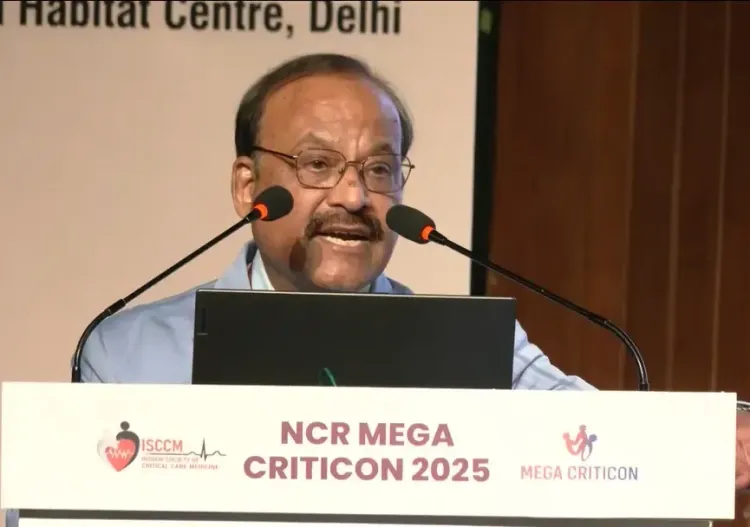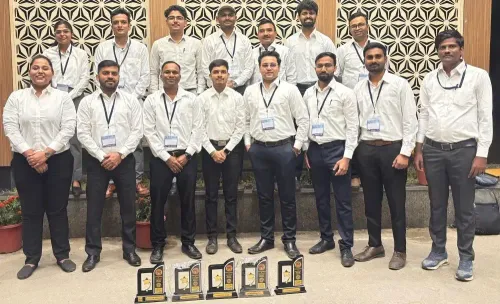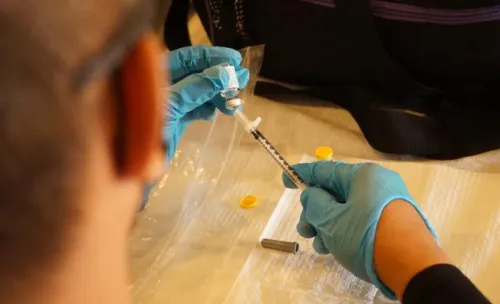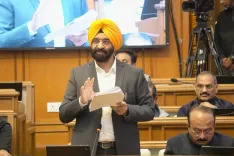Should Doctors Reconnect with Critical Care Patients?

Synopsis
Key Takeaways
- Reestablishing human connections in ICUs is crucial.
- Technology should complement, not replace, communication.
- Patient-centered care is the future of critical care.
- All advanced facilities are now available in Delhi NCR hospitals.
- Conferences like NCR Mega Criticon foster important discussions in critical care medicine.
New Delhi, Nov 15 (NationPress) A specialist in critical care has called upon medical professionals to revive the human connection and enhance communication with patients in Intensive Care Units (ICUs).
During an interview with IANS at the NCR Mega Criticon 2025, a significant conference dedicated to critical care, taking place at the India Habitat Centre in Delhi from November 14-16, 2025, the expert emphasized the advancements made in the healthcare sector.
Dr. Anil Gurnani, Group Director of Anaesthesiology and Critical Care at the Kailash Group of Hospitals, pointed out that while technology has enabled personalized treatment, it has also diminished the relationship between doctors and patients.
“Despite the rapid adoption of new technology, our human touch and communication with patients have been compromised,” Gurnani stated.
“If I could change one thing, it would be to enhance the communication between doctor and patient. You are not just a patient to me; you are a human being deserving of my utmost care,” he told IANS.
He further acknowledged the evolution of the ICU, noting that the transition from basic units to modern, sophisticated facilities has been challenging.
“Globally, the future of critical care medicine is shifting towards personalized, patient-centered care. This approach focuses not only on treatments and medications but also on the values, needs, desires, and expectations of the patient,” Gurnani elaborated.
He asserted that the country now offers all globally recognized facilities and care options. “Everything from dialysis to ventilation is accessible in our hospitals across Delhi NCR,” the expert affirmed.
The conference, a landmark event in critical care medicine, was jointly organized by the SCCM Delhi-Noida and ISCCM Gurugram branches.










